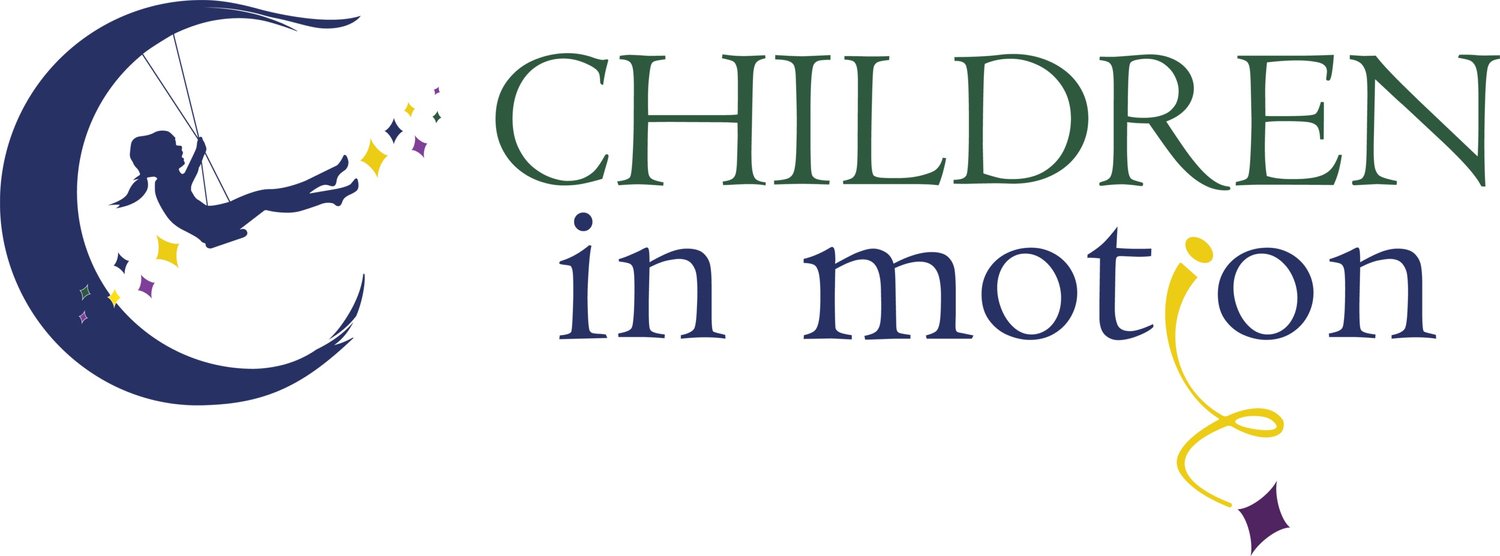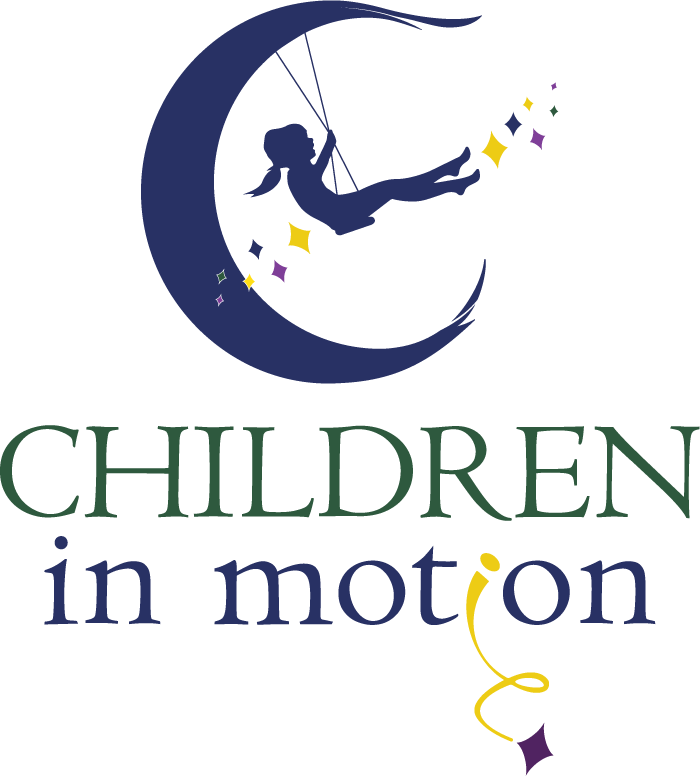Supporting Your Twice-Exceptional Child: How Occupational and Speech Therapy Can Help
Raising a child who is both gifted and faces developmental challenges—known as twice-exceptional or 2e—can be a unique journey. These children might excel in areas like math, music, or language, yet encounter difficulties with attention, sensory processing, or social interactions. Understanding their distinctive needs and exploring supportive therapies can make a significant difference in their development.
Understanding Twice-Exceptional Children
Twice-exceptional children possess remarkable talents alongside challenges such as ADHD, dyslexia, autism spectrum disorder, or sensory processing issues. This combination can lead to uneven development, where intellectual abilities outpace emotional or social skills, potentially causing frustration or misunderstandings.
Common Challenges
Parents of 2e children often observe:
Social and Emotional Difficulties: Struggles in connecting with peers, leading to feelings of isolation.
Sensory Sensitivities: Overwhelm from sounds, lights, or textures, affecting daily activities.
Executive Functioning Issues: Challenges with organization, time management, and impulse control.
Communication Barriers: Difficulties in expressing thoughts or understanding others effectively.
How Occupational Therapy Can Help
Occupational therapists (OTs) focus on enhancing a child's ability to perform daily tasks and participate fully in life. For 2e children, OTs can:
Address Sensory Processing: Help children manage sensory sensitivities, making environments more comfortable.
Develop Motor Skills: Improve coordination for activities like handwriting or sports.
Enhance Executive Functions: Teach strategies for better organization and time management.
Promote Independence: Support self-care skills, boosting confidence and autonomy.
How Speech Therapy Can Help
Speech-language therapists assist with communication challenges. For 2e children, they can:
Improve Articulation and Language Skills: Enhance clarity and vocabulary for effective expression.
Develop Social Communication: Teach skills like turn-taking and understanding non-verbal cues.
Support Pragmatic Language: Help grasp nuances like idioms or humor, enriching interactions.
Introduce Alternative Communication Methods: Provide tools like picture boards for those with significant speech difficulties.
Taking the Next Step
If you recognize these traits in your child, consider consulting with professionals who specialize in supporting twice-exceptional children. At Children in Motion, we offer tailored occupational and speech therapy services designed to help your child thrive. Our compassionate team is dedicated to understanding and nurturing your child's unique strengths and challenges.
Embarking on this journey with the right support can empower your child to reach their full potential. We're here to walk alongside you every step of the way.
Resources

